METOPROLOL EXTENDED-RELEASE - ORAL
PHONETIC PRONUNCIATION: (met-oh-PRO-lol)
COMMON BRAND NAME(S): Toprol XL
GENERIC NAME(S): metoprolol succinate
Uses
USES: This medication is a beta-blocker used to treat chest pain (angina), heart failure, and high blood pressure. Lowering high blood pressure helps prevent strokes, heart attacks, and kidney problems. This drug works by blocking the action of certain natural chemicals in your body (such as epinephrine) that affect the heart and blood vessels. This lowers heart rate, blood pressure, and strain on the heart.
How to use METOPROLOL EXTENDED-RELEASE - ORAL
HOW TO USE: See also Warning section. Take this medication by mouth as directed by your doctor, usually once daily. Some brands of this medication (those containing metoprolol tartrate) may be better absorbed when you take them with or right after a meal. Other brands (those containing metoprolol succinate) may be taken with or without food. Follow your doctor's directions for your brand, and take it the same way at the same time each day. Do not crush or chew extended-release tablets. Doing so can release all of the drug at once, increasing the risk of side effects. Also, do not split the tablets unless they have a score line and your doctor or pharmacist tells you to do so. Swallow the whole or split tablet without crushing or chewing. To reduce your risk of side effects, your doctor may direct you to start this medication at a low dose and gradually increase your dose. Follow your doctor's instructions carefully. The dosage is based on your medical condition and response to treatment. Use this medication regularly to get the most benefit from it. To help you remember, take it at the same time each day. Do not suddenly stop taking this medication without consulting your doctor. Your condition may become worse when the drug is suddenly stopped. For the treatment of high blood pressure, it may take several weeks before you get the full benefit of this drug. It is important to continue taking this medication even if you feel well. Most people with high blood pressure do not feel sick. To prevent chest pain, a second heart attack, or migraine headaches, it is very important to take this medication regularly as prescribed. This drug should not be used to treat chest pain or migraines when they occur. Use other medications to relieve sudden attacks as directed by your doctor (for example, nitroglycerin tablets placed under the tongue for chest pain, "triptan" drugs such as sumatriptan for migraines). Consult your doctor or pharmacist for details. Tell your doctor if your condition does not improve or if it worsens (for example, if your routine blood pressure readings remain high or increase, if your chest pain or migraines occur more often).
Side Effects
Precautions
Interactions
Overdose
Images
Reviews
Warning
WARNING: Do not stop taking this medication without consulting your doctor. Some conditions may become worse when you suddenly stop this drug. Some people who have suddenly stopped taking similar drugs have had chest pain, heart attack, and irregular heartbeat. If your doctor decides you should no longer use this drug, he or she may direct you to gradually decrease your dose over 1 to 2 weeks. When gradually stopping this medication, it is recommended that you temporarily limit physical activity to decrease strain on the heart. Get medical help right away if you develop chest pain/tightness/pressure, chest pain spreading to the jaw/neck/arm, unusual sweating, trouble breathing, or fast/irregular heartbeat.
Disclaimer
IMPORTANT: HOW TO USE THIS INFORMATION: This is a summary and does NOT have all possible information about this product. This information does not assure that this product is safe, effective, or appropriate for you. This information is not individual medical advice and does not substitute for the advice of your health care professional. Always ask your health care professional for complete information about this product and your specific health needs.
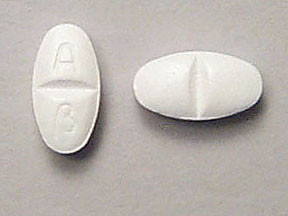
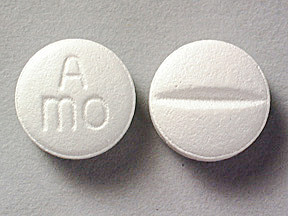
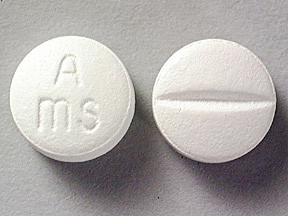
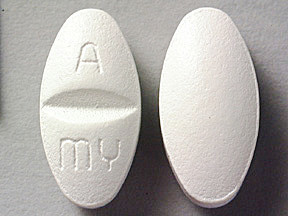
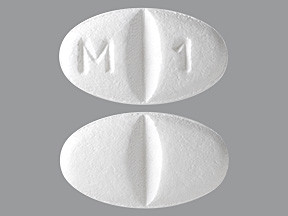
No Reviews Yet